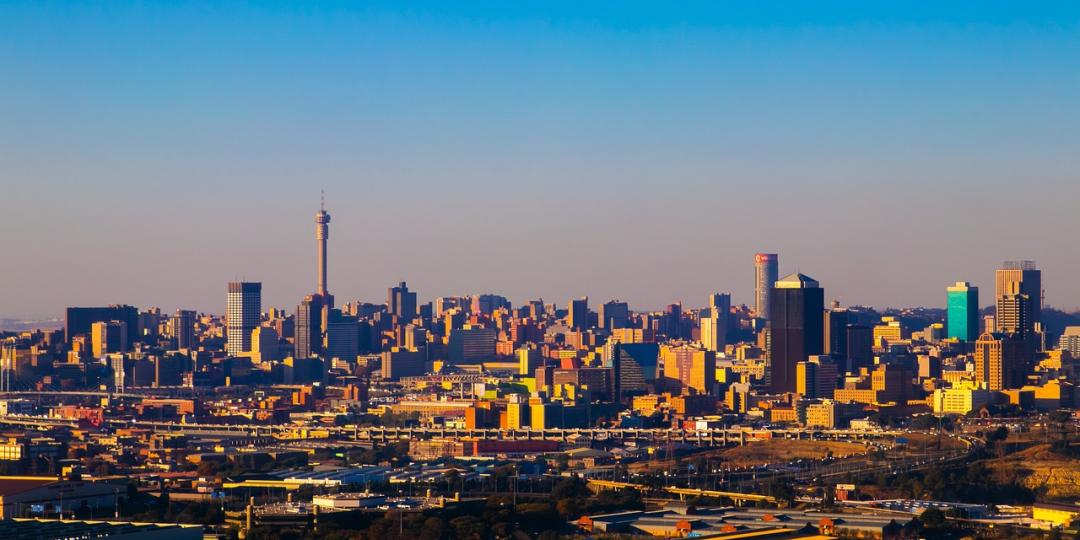Industry leaders gathered at the inaugural ‘Sasol Superlead Live Leadership Conversations’ event this week (April 24) at the University of Pretoria’s Gordon Institute of Business Science (GIBS) to discuss innovation in the South African energy sector with industry leaders from Sasol Energy, Eskom, and the Council for Scientific and Industrial Research (CSIR).
The discussion centred around innovative plans to reduce South Africa’s carbon footprint. Eskom has plans to use ash, a by-product of its coal-fired operations, to build roads. These ash roads will address infrastructure needs while reducing carbon footprint, said Mteto Nyati, Eskom Board Chairperson.
Sasol, too, is looking at its approach to minimise the amount of by-product waste generated. The energy company has found a way to reuse biosolids, a by-product usually incinerated at a significant cost. The solids are converted into sludge through a process called thermolysis, where they are reintroduced into the process because these by-products still contain carbon that can be utilised, said Thembakazi Mali, Sasol's Senior Vice President of Research and Innovation.
Sasol is also currently repurposing its electrolysers to produce green hydrogen. Nyati added that Eskom also had plans to develop a business case for green hydrogen.
The CSIR has completed a study to understand the potential for green hydrogen exports from South Africa, said Thabo Hlalele, Energy Centre Head at the CSIR. “Hydrogen is the economy of the future. But for South Africa to be competitive, we would need to have cheap electricity and infrastructural support,” he said. There is potential to oversize renewable energy plants to produce green hydrogen and feed excess electricity into the grid. At the same time, the water used can be recycled for agricultural purposes.
Other innovative plans at Eskom include remotely piloted aircraft systems to inspect power lines across the country to speed up repair and inspection times and synchronous condensers to support grid stability as renewable energy production ramps up, said Nyati.
He added that Eskom must balance the present national energy crisis with innovative plans. “You can dream for the future, but you need to eat today. Priority number one is to fix today’s business, and priority two is to make Eskom relevant for the future. Renewable energy is the future, and we will participate.”















